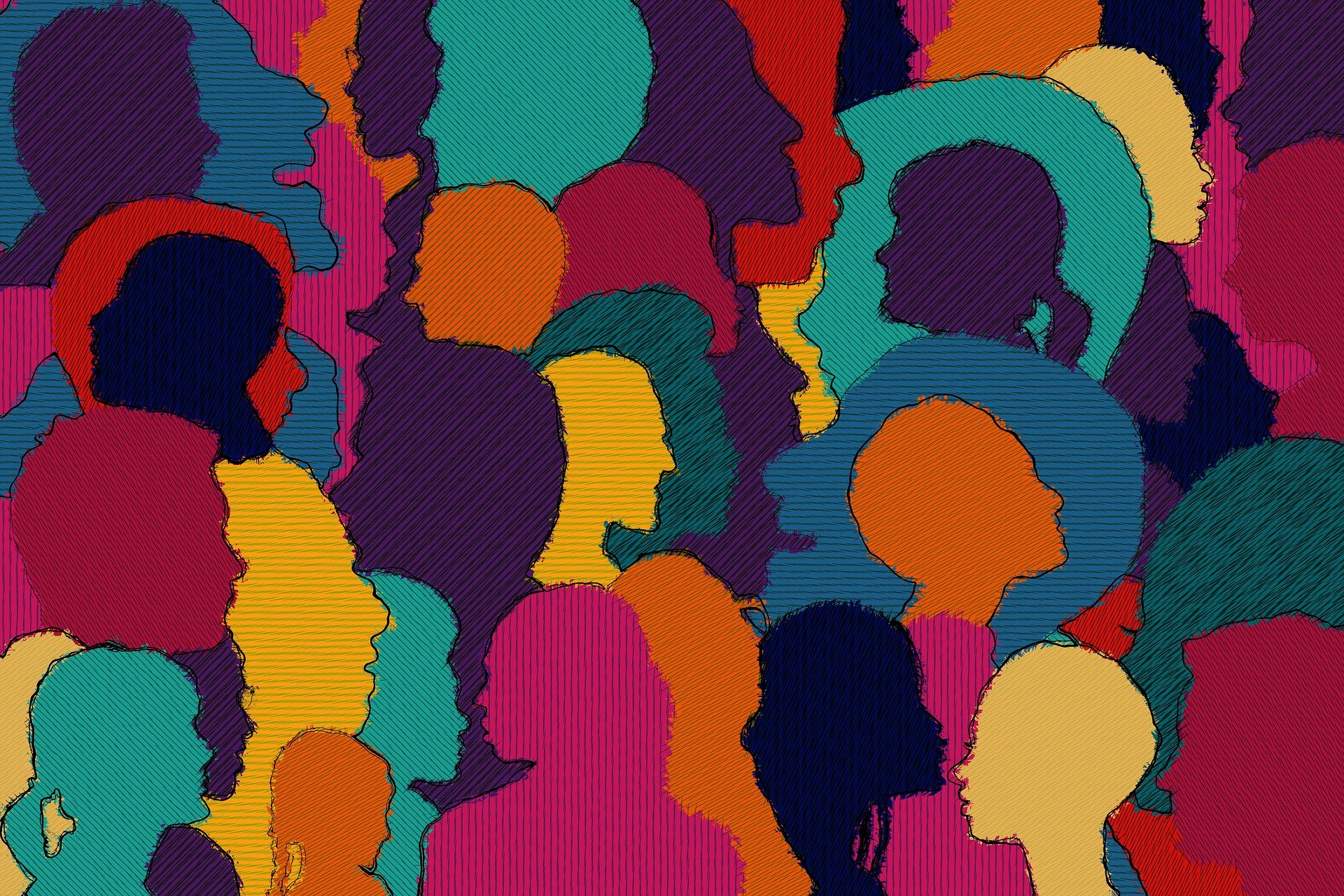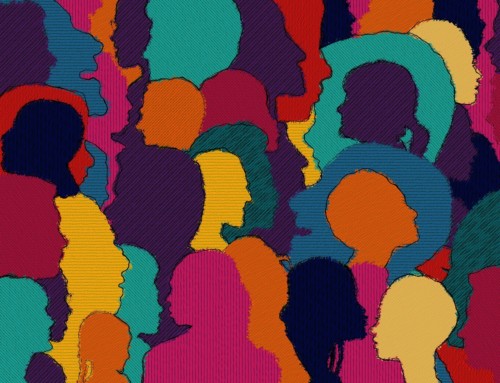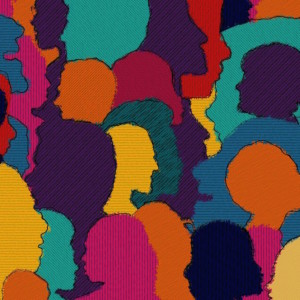
Birds fascinate me. Raptors are my favourite, specifically eagles, followed closely by waterfowl, imagining a drake in brilliantly coloured plumage, and not to be forgotten, the lovely songbirds, the blackbird comes to mind, starting every summer morning with cheerful melodies. Yes, birds are the best and I have dedicated much of my life to the study and enjoyment of our feathered friends. However, I have struggled to identify other Black and/or gay birders. I know they exist, e.g., Black Birders Week, but this has not always been the case. The lack of diversity is not just in birding but is an issue within the entire environmental sustainability field.
Discovering my affinity for birdlife
My love of birds began as a child growing up in rural Virginia. Our house is on an acre of land next to a single carriageway and surrounded by deep forest on all sides. The nearest neighbour lives a mile away, the nearest town is 12 miles and the nearest city 30 miles. Starting every March, I would go exploring in the forest next to my house with my dog, looking for all types of animals, with birds being at the top of the list. By age 11, I could identify birds by sight, sound, nest structure, and egg colour and size. Back then, my focus was local songbirds like Northern Cardinal (Cardinalis cardinalis), mockingbirds and catbirds (Mimidae spp.), robins (Turdus spp.) and Blue Jay (Cyanocitta cristata) as those were the most prolific and accessible species at the time. My outdoor exploration was supported by my family, and I would receive books on wildlife and birds for every birthday and Christmas throughout most of my childhood. I also watched nature programmes on a weekly basis, my favourites being Mutual of Omaha’s Wild Kingdom with Marlin Perkins, Marty Stouffer’s Wild America, and Lorne Green’s New Wilderness. Unfortunately, none of the shows had any minority representation, and therefore no role models.
Despite this I maintained my interest in nature and birds upon entering university and obtained a BSc in Natural Resources. As a bird lover I wanted to specialise in ornithology, but my academic advisor did not believe I could handle the rigor of ornithology. I remember him showing a course map of the four-year programme and stated how I would have to take a lot of science courses that will be very difficult for me. Consequently, I chose not to pursue ornithology and have regretted that decision on more than one occasion. To put the situation in context, I was the only Black student in Natural Resources while attending Cornell from 1988 – 1992. During that time, I had two important summer internships. The first was in 1989 at the Patuxent Wildlife Research Centre as an Endangered Birds Wildlife Assistant. I worked closely with Whooping Cranes (Grus americana), Sandhill Cranes (Antigone canadensis), and different species of condors (Cathartidae spp.). The second internship was at the World Wildlife Fund in Washington, DC in 1991. I worked as an Associate on the Wetlands team researching State wetland policies to be referenced in a book about wetlands management. Those two internships were amazing and enriching but the same lack of ethnic diversity was apparent, however, I made an impact at both places and had the opportunity to work with some bright people who challenged and encouraged me in my chosen career path.
During my final year at Cornell, I worked as a Research Assistant in the Office of the Dean of Natural Resources. My remit was to choose a research topic and write an article that could be published. I decided to research the lack of ethnic diversity in the environmental field. The most thought-provoking key findings included the following:
- environmentalism is a luxury concern for affluent people who have the time to be concerned about environmental sustainability and not struggling to feed, clothe and house themselves and their families.
Ethnic minorities therefore worry more about basic survival whereas the White majority tend not to have such concerns. Obviously, there are many examples of individuals who do not fit either conclusion, but my research listed that as a key reason.
- Another interesting finding concluded that when ethnic minorities attend university, they pursue professional degrees with tangible outcomes, e.g., law, medicine, engineering.
Courses such as environmental science, sustainability, or natural resources are too generalist and lack specific career paths with identifiable outcomes.
The article is called ‘Ready to Overcome’ and was published in March 1993 in the Journal of Forestry.
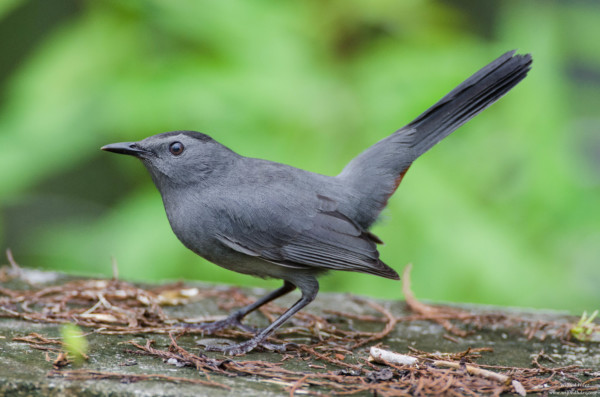
Gray Catbird (Dumetella carolinensis) © Wilfred Hdez CC BY 2.0 Flickr.
Career and Contribution
The lack of ethnic diversity continued during my postgraduate study at the Nicholas School of the Environment at Duke University and in my subsequent career as an Environmental Consultant. I moved to London in 2000 and continued my consulting career but not within the environmental field. To maintain my knowledge and interest I obtained an Advanced Diploma in Sustainability from University of Cambridge. My interest in Sustainability has grown over the years and I am now starting my own consultancy which will provide Sustainability Support Services to small and medium enterprises.
Personally, I continue to birdwatch and frequently visit the WWT Wetlands Centre in Barnes. I also spent a year breeding Bengalese Society Finches (Lonchura striata domestica) and Zebra Finches (Taeniopygia guttata). I have been ridiculed by friends for my interests and when people learn that I am an avid twitcher, they look twice and usually respond, “Really?”. It is frustrating to be constantly judged and assessed based on worn out stereotypes.
Outlook
The racial profiling which happened in May 2020 to a Black birdwatcher in Central Park demonstrates that ignorance and bias remains in society. As a result, ethnic diversity has been promoted and increased in birding and other outdoor activities. COP26 showed the world that the environment affects us all and we are a part of nature and included in that collective are people from different ethnic backgrounds, sexual orientations and identities.
If you are interested in contributing to the #BOUdiversityBlog, please get in touch with us via this form which ensures anonymity for those who seek it.
Image credit: CCO GDJ pixabay.com
